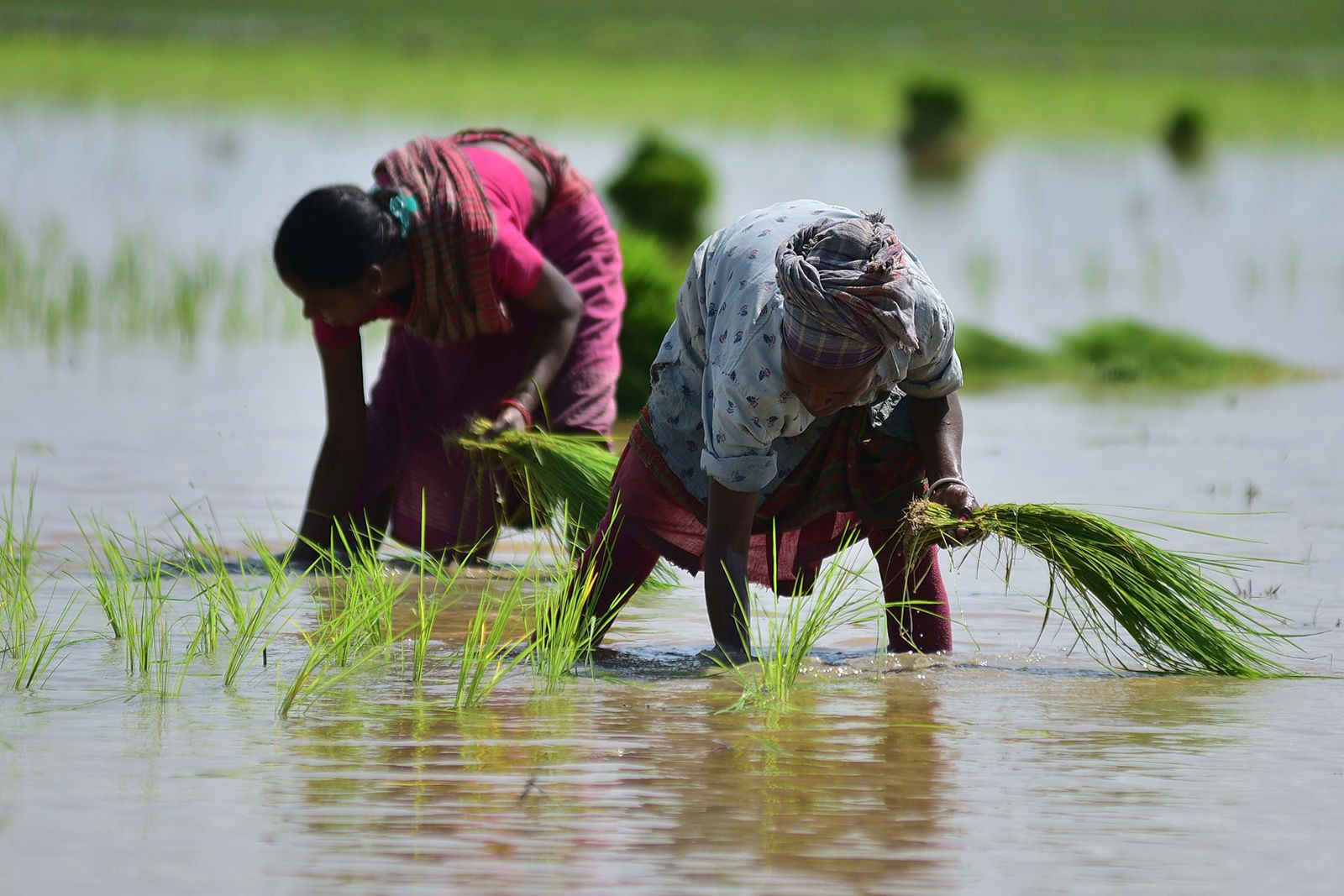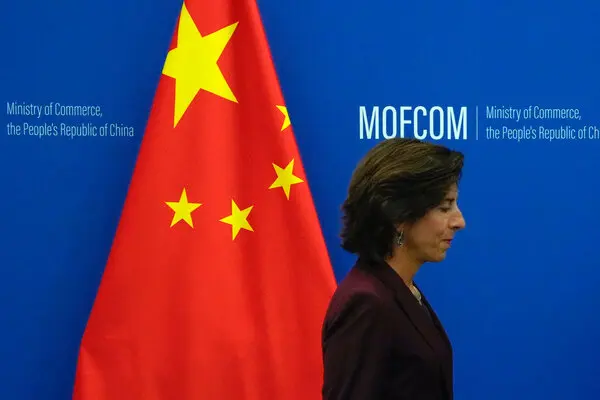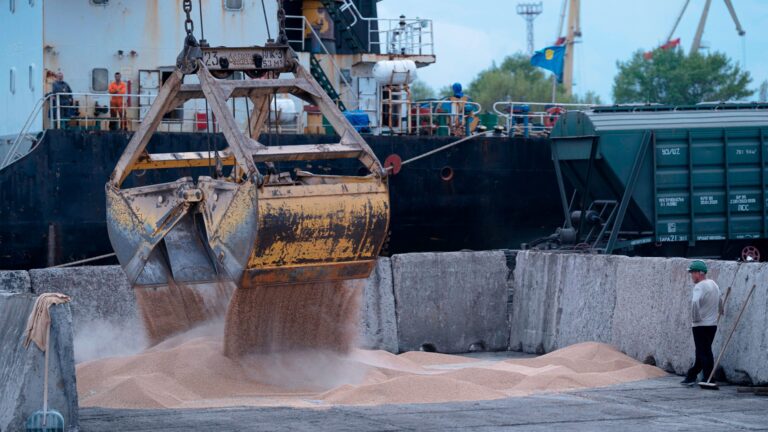As a resident of one of the towns in the United States with the highest percentage of Indians, I was shocked to hear this news. A couple of days ago, India announced that they would be banning non-basmati rice exports that account for almost 25% of Indian exports. Even though basmati rice can still be exported, the ban on non-basmati rice has created tensions about an impending global food shortage.
Now, why did India do this? The BJP (Bharatiya Janata Party), the largest and ruling political party in India, banned these rice exports in an attempt to curb domestic inflation. The rice prices for India’s own citizens were extremely high even though the global prices were decreasing. Accordingly, people in India were paying 11.5% more for rice than a year ago, and this political move by the BJP appeased many of its followers who were complaining about this issue. Additionally, many farmers were struggling to produce rice after the heavy rainfalls during India’s monsoon season. With international sales of Indian exported rice increasing by 35% this past June, it is clear that this ban will have detrimental effects on a variety of countries that depend on rice.
But, this rice ban is not the only thing that indicates a global food crisis. Earlier this week, Russia left the Black Sea grain initiative, which assured the safety of vessels carrying different cereals. This was most likely due to the decreasing prices of wheat, grain, and corn in the country. Although many other countries such as the United States have aided countries like Ukraine to securely export grain, the Kremlin openly stated that these ships will be “legitimate military targets.” Thailand and Vietnam, the world’s second and third largest rice exporters, have also been experiencing excessive domestic inflation. Despite the fact that the crop yields and production quantities of these two countries have been successful recently, there were still many negative economic effects. Even farmers in the United States have been affected by the dry climate and hot weather, and American wheat stocks are expected to hit a 16-year low.
The global unrest caused by India’s recent rice ban demonstrates the importance which basic foods such as rice, wheat, and grain serve to different communities around the world. With high global exports leading to domestic inflation and civilian unrest, the world’s largest producers of these foods are being forced to address these issues in some way or another. Whether it be issuing bans or increasing international prices, it is clear that there is no clear-cut way to solve this problem. If we want to live in a world in which we can sustain such massive levels of production without facing the repercussions, it is clear that we need a more versatile solution to address these problems.











+ There are no comments
Add yours